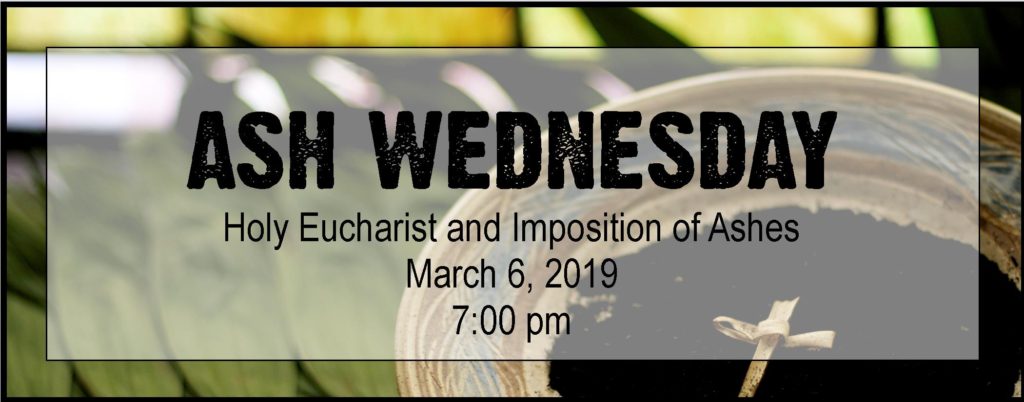
We see this in 2 Samuel 3:19 where we find Tamar, the daughter of David, mourning grievously because of a great evil done to her, and she puts ashes on her head as a sign of her mourning. In Genesis 3:10, Yahweh tells Adam, “For you are dust and to dust you shall return.” In Genesis 18:27, Abraham picks up on this theme and turns it into a confession, “I am but dust and ashes.” Job, lamenting on his condition and by connection the universal fallenness of the human condition laments, “God has cast me into the mire, and I have become like dust and ashes,” (Job 30:19).įurther, not only are dust and ashes a sign of our humanity and fallenness, but also ashes are specifically a sign in the Bible of mourning and repentance.

The Bible describes our human condition as consisting of being dust and ashes.


The scriptures actually talk quite a bit about repentance, grieving, and fasting in connection with ashes. My reasons are that the symbolism is taught in the scriptures, the practice has a very ancient heritage in the church, and that rituals are important to us as human beings and especially as Christian believers.įirst, biblically. That said, I do believe the imposition of ashes to be a good and right thing to do. Therefore, I do not judge those who abstain from the practice any more than I do those who practice it. The practice is not commanded in scripture, and it is not something that I consider to be essential to the life of the church. Let me first say that I resonate with the idea of not offering ashes on Wednesday. So, why even make ashes an option? Here, briefly, are the reasons. Today is Ash Wednesday, and as many Christians of the Protestant formerly “low church” persuasion are reacquiring some of the good and ancient practices of the church, one question in particular comes to the front: to ash or not to ash? That is, while many of us are finding great spiritual value in keeping Lent, we are also wondering, what about the whole ashes on the forehead thing?


 0 kommentar(er)
0 kommentar(er)
